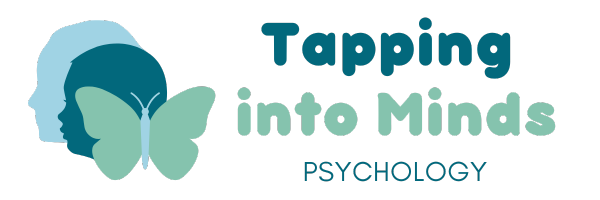“All we see or seem is but a dream within a dream” – Edgar Allen Poe.
All of us want a good night’s sleep! While we know the benefits in theory, sometimes achieving quality rest at night can be a challenge. We can feel tired all day but the moment our head hits the pillow feel restless and struggle to drift off to sleep.
Our brains need quality rest to help us process our day and prepare for the next (mentally, physically as well as emotionally). When we have slept well our outlook on life may be brighter, we feel more vitality and mental alertness. It’s no wonder that we are better able to cope with stressful situations when we regularly achieve quality, deep sleep.
Poor sleep efficiency (laying awake in bed for long periods but not going to sleep) over the long term can be a risk factor for depression, anxiety and even obesity, so it is worthwhile exploring ways to improve our sleep habits. The benefits of good sleep efficiency to our health and wellbeing are well documented. But how do we boost our chances of getting quality zzz’s when we climb into our beds? Prof Michael Gradisar from the Child and Adolescent Sleep Clinic in Adelaide has some helpful sleep habits you can use if you or your family are having some difficulty;
- Establish a sleep routine (i.e. bath, PJs, book and bed)
- Always get up at the same time (even on weekends)
- Have 30 mins time out before bed (preferably light reading)
- Don’t exercise too late in the evenings (this can disrupt our natural body clock)
- Avoid technology in the bedroom
- Limit caffeine at night (coffee, black tea, dark chocolate and energy drinks all contain this). Visit sleepfoundation.org for more information and a downloadable chart to determine how many hours sleep per night members of your family may need at their different age ranges.



